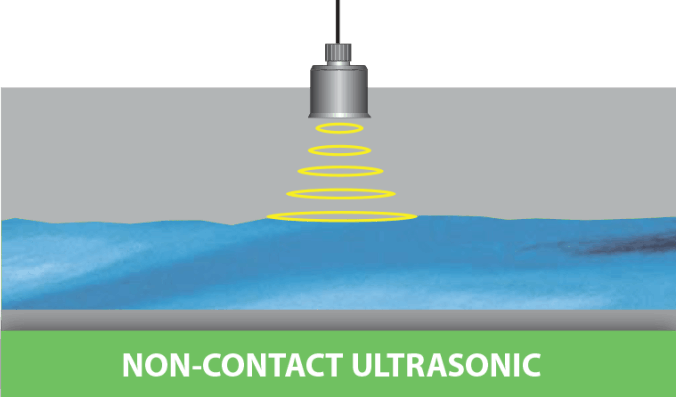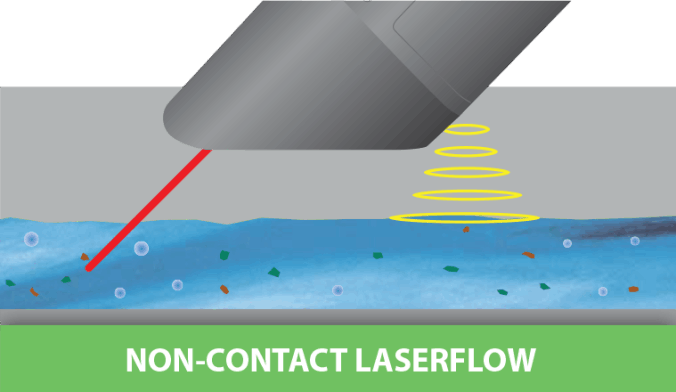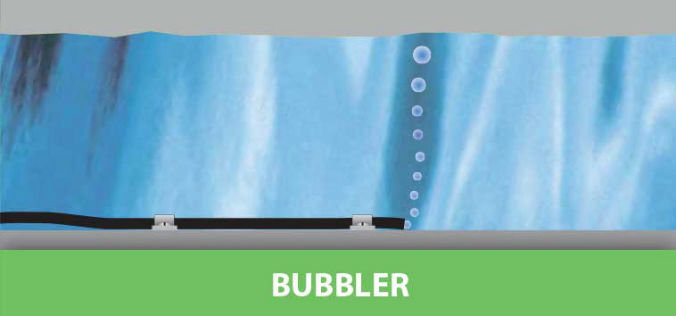

No matter how challenging the application or site conditions, Teledyne Isco offers a proven technology for your needs.

With its sensor mounted above the flow stream, transmitted sound pulses are reflected off the liquid surface. The elapsed time between transmitted and returned signals determines liquid level. Flow rate is then calculated using one of the meter’s built-in flow conversions, or a user-defined level-to-flow relationship

The LaserFlow sensor remotely measures flow in open channels with non-contact Laser Doppler Velocity technology and non-contact ultrasonic level technology. The sensor uses advanced technology to measure velocity with a laser beam at single or multiple points below the surface of the water. A non-contacting ultrasonic transmitter measures the liquid head height to determine the wetted area. Multiplying the wetted area by the average velocity yields the flow rate. Flow during surcharge conditions can be measured with an optional, integrally-mounted continuous-wave Doppler area velocity sensor.

AV sensors continuously transmit an ultrasonic signal from within the flow stream. Those signals are reflected off bubbles and particles, and return to the sensor where frequency shift is measured to derive an average velocity. A differential pressure transducer in the sensor measures liquid depth to determine the flow area. Flow rate is then calculated by multiplying the area of the flow stream by its average velocity.

Especially useful in flow streams affected by harsh weather, debris, or corrosive chemicals, bubbler technology forces compressed air from a submerged tube. The depth of flow is determined by measuring the pressure needed to force the bubbles out of the line. That information is then converted into the flow rate using known parameters.